Flooring
Our flooring product portfolio is selected according to a number of rigorous criteria, including resistance to the North American climate, compliance with manufacturing standards and quality control.
Our team also keeps abreast of market trends by visiting flooring trade shows around the world.
Our partnerships with a number of suppliers enable us to offer a varied and exclusive range of products.
LAMINATE
Laminate flooring is manufactured using a hot-pressing technique, which involves pressing several layers of material together under high pressure.
The top layer is usually a printed decorative film that imitates the appearance of wood, stone or other materials. This layer is then covered with a transparent protective coating that protects the printed decor and offers resistance to wear and water.
The lower layers of laminate flooring can be made from a variety of materials, such as wood particles, wood fibers or melamine fibers. These lower layers are generally used to give the floor rigidity and stability, as well as to improve thermal and acoustic insulation properties.
- Water and wear resistance
- Thermal and acoustic insulation properties
- Easy to install
- Affordable cost
- High-traffic areas
- Corridors
- Kitchens
- Common areas
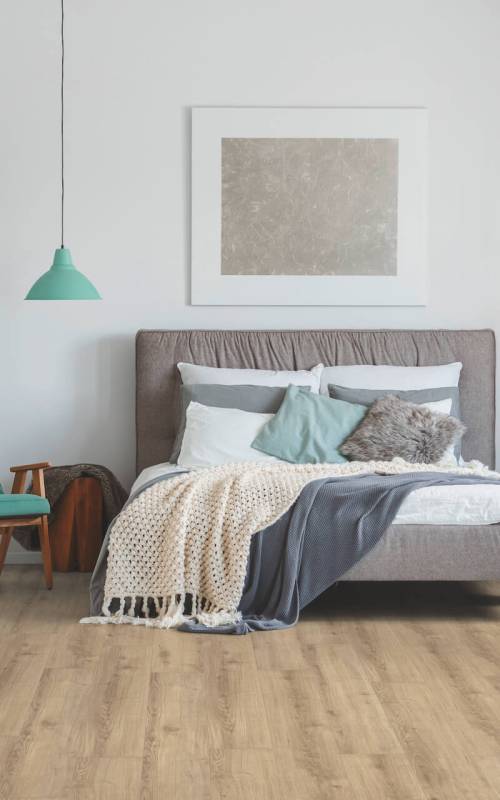
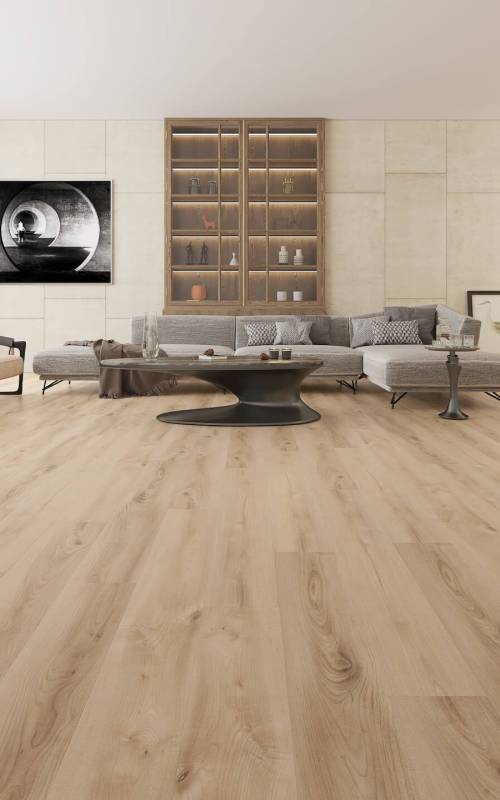
Vinyl
Vinyl floors are manufactured using synthetic materials such as PVC, which are mixed with pigments to create colors and patterns that mimic natural materials such as wood, stone and tile. They are usually manufactured in several layers, comprising a wear layer on the surface to resist abrasion, an image layer to give a realistic look, and a backing layer underneath to give stability to the flooring.
There are several types of vinyl flooring, each with its own advantages and disadvantages. Sheet vinyl floors are often used in kitchens and bathrooms because they are resistant to water and everyday damage.
- Quick to install
- Easy to maintain
- Adapts to irregular spaces
- Durable
- Water-resistant
- Wear-resistant
- Kitchen
- Bathroom
High-traffic areas
CERAMIC AND PORCELAIN
The main difference between ceramic and porcelain flooring lies in their composition and physical properties. Although they are both ceramic tiles, their manufacturing process, density and water absorption vary.
Ceramic flooring is made from high-temperature-fired clay and is then coated with a colored glaze to make it waterproof and stain-resistant. It has a relatively low density and high water absorption, making it less suitable for damp, high-traffic areas.
Porcelain flooring is made from a finer clay and fired at much higher temperatures than ceramic. This high firing temperature gives porcelain a higher density and lower water absorption than ceramic. Porcelain is therefore more resistant to scratches, bumps and stains, and is better suited to high-traffic and wet areas.
In terms of cost, porcelain flooring is generally more expensive than ceramic flooring due to its more complex manufacture and superior physical properties. However, cost can vary according to tile quality, size and design.
Stain-resistant
Durable
Scratch, impact and stain resistance
Water-resistant
- Residential and commercial
High-traffic areas
- Bathrooms
- Kitchens
- Floor and wall
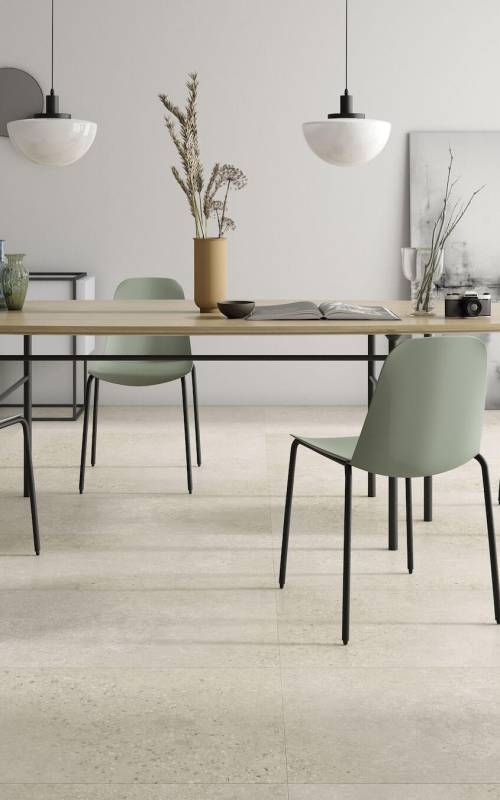
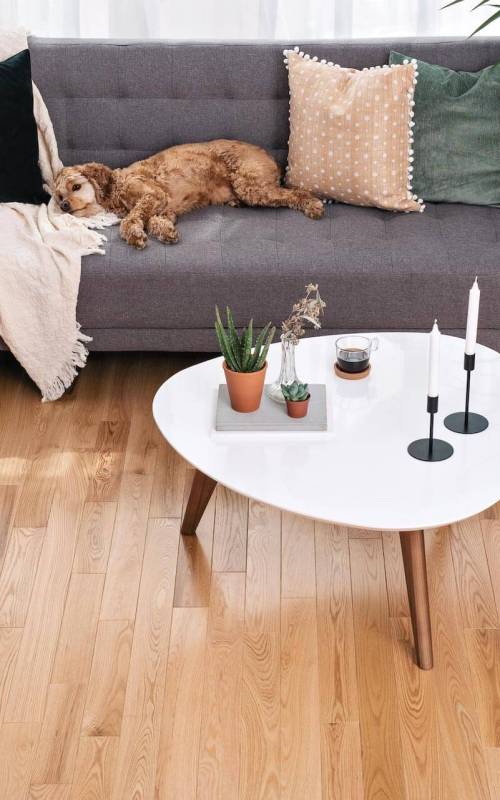
Hardwood
A hardwood floor is a type of flooring made from solid wood, generally from deciduous tree species such as oak, maple or birch. Wood planks are generally cut to standard dimensions, then dried and planed to produce a smooth, uniform surface. Hardwood floors are available in a variety of colors, grains and finishes, and can be customized to suit any interior design style.
Durability
Resistant to stains and scratches
Can be restored by sanding
Natural appearance
Easy to maintain
Adds value to a property
- Residential
High-traffic areas
Common areas
Engineering
Engineered floors are designed for strength and durability. They are generally made from glulam, laminated wood or composite materials, all of which are high-quality, highly resistant construction materials.
Acoustic performance
Rigidity and high stability
Superior fire resistance compared to solid wood floors
Commercial buildings
Office buildings
Multi-family housing
Residential buildings
High-traffic areas
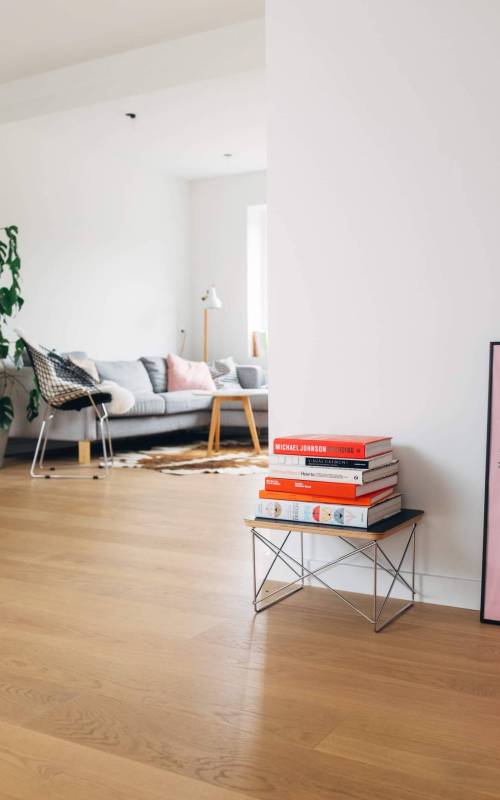
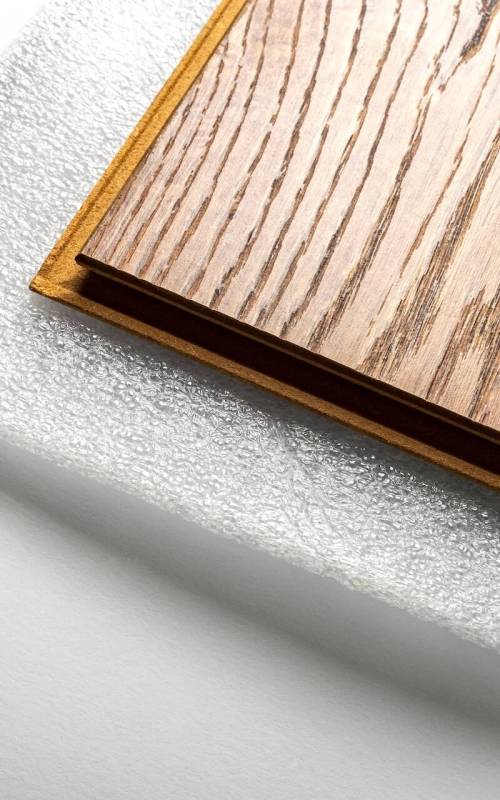
Membranes
Different types of membranes are available to complete the installation of floors. Whether for laminate, vinyl, engineered or hardwood floors, membranes improve floor support and offer the best properties.
Soundproofing membranes create a more peaceful atmosphere by reducing the diffusion of noise to neighbors and lower floors.
Membranes with a vapour barrier will protect your floors against humidity for greater comfort.
Soundproofing
Vapor barrier
Anti-mould
- Insulation
INSTALLATION PRODUCTS
This range of products is necessary for the installation of ceramic and porcelain tiles, whether for wall or floor installation. Don’t hesitate to ask one of our representatives for advice.
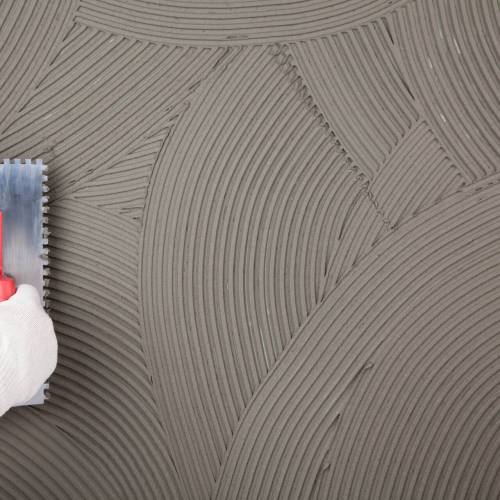
Our services
AT BMB DISTRIBUTIONS, WE ARE RECOGNIZED FOR THE EXCELLENCE OF OUR SERVICE AND QUALITY PRODUCTS.
Since 1985, we have been proud to be leaders in the distribution of construction materials and the import of flooring and wall coverings, thus contributing to the growth of the construction industry in Eastern Canada.


